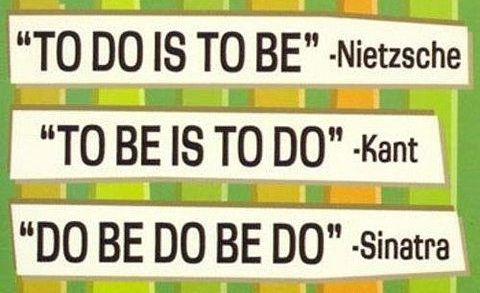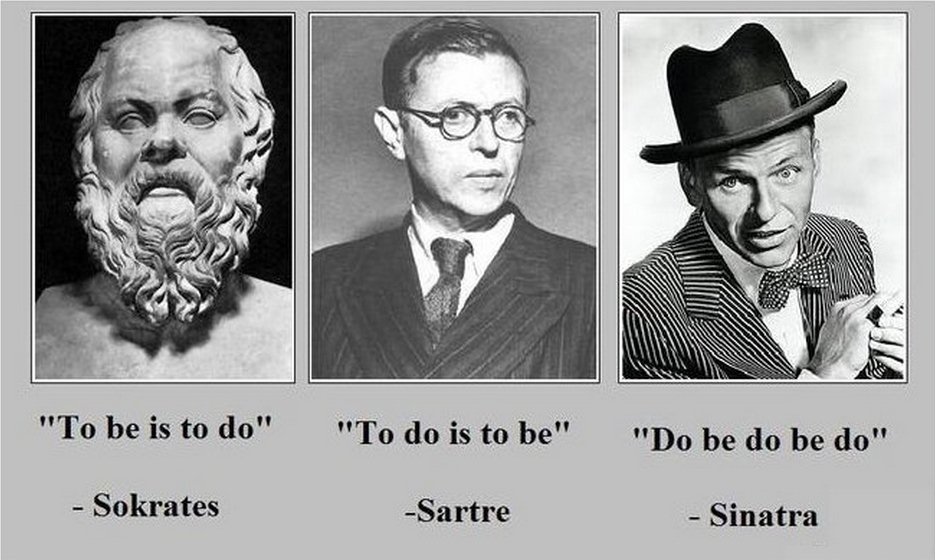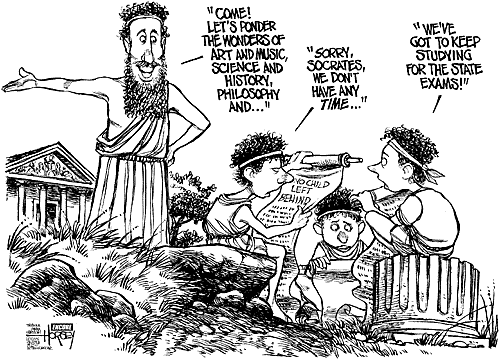It is not as simple as that. You appear to argue that the question centers on choice. It does. But the matter does not. It centers on existentialism and the mystery of what constitutes the individual, otherwise there would be no remaining question. The choice would have been made. Is the individual this extant life or is this living experience a mere dross on one's entire existence?
Are we the most wisest of the universe or are we not? Creationists say no. Evolutionists say yes. It boils down to choosing a path and dealing with consequences. It is a cause/effect paradigm, our universe, so there are always consequences. No question, although some wonder if ignorance really is bliss.
An individual has a choice. But only within the parameters of what this life affords: space and time being the constants of the no free will zone. We each have the freedom to choose, yes, but we do not have the freedom to evade the consequences. Doesn't sound like much of a choice.
The question, to be or not to be, is illusory because we are.











